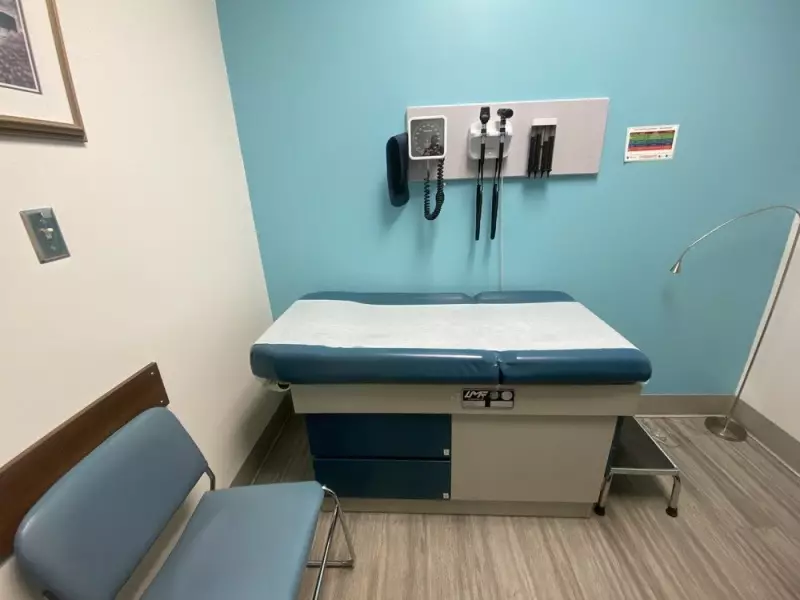
As thousands of Canadians languish without family physicians, Ottawa is pioneering a groundbreaking approach that's turning the tide on the healthcare crisis. While emergency rooms overflow and wait times stretch into hours, Ontario's capital is demonstrating that strategic, coordinated action can yield dramatic results.
The Scale of the Crisis
Across Ontario, an estimated 2.3 million people lack access to primary care. Emergency departments have become de facto clinics for non-urgent matters, creating dangerous bottlenecks in critical care. The traditional approach of hoping doctors would naturally gravitate to underserved areas has proven utterly inadequate.
Ottawa's Multi-Pronged Solution
What makes Ottawa's strategy different? It's a comprehensive, coordinated assault on the problem from multiple angles:
- Aggressive International Recruitment: Rather than waiting for Canadian medical graduates, Ottawa is actively recruiting qualified physicians from around the world
- Streamlined Licensing: Cutting through the red tape that often prevents internationally trained doctors from practicing
- Community Integration: Helping new physicians and their families settle into Ottawa communities
- Practice Support: Providing the administrative and technical infrastructure to make establishing a practice seamless
The Proof is in the Numbers
The results speak volumes. Dozens of new physicians have been successfully integrated into Ottawa's healthcare system through this coordinated effort. These aren't just numbers—they're doctors now seeing thousands of patients who previously had nowhere to turn for routine care.
A Model for the Nation?
Ottawa's success suggests a fundamental truth: solving healthcare shortages requires more than just training more doctors. It demands creating systems that efficiently match available talent with community needs. The traditional hands-off approach has failed; proactive, organized recruitment and integration works.
As other Canadian cities grapple with similar physician shortages, Ottawa's model offers a proven blueprint. The question now is whether other jurisdictions will have the vision and determination to replicate this success.
The Human Impact
Behind the statistics are real stories: elderly patients who can now access regular check-ups, families with young children receiving consistent care, and individuals with chronic conditions getting the ongoing management they need. This isn't just about healthcare efficiency—it's about restoring dignity and security to vulnerable populations.
Ottawa's experience demonstrates that with focused effort and innovative thinking, even the most entrenched healthcare challenges can be overcome. The city's prescription for the doctor shortage may well become the standard treatment across Canada.





